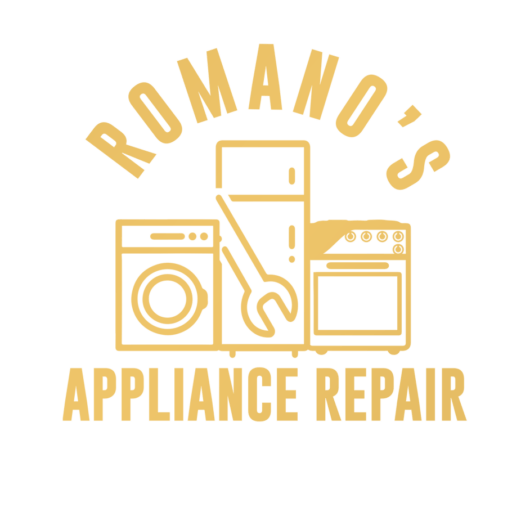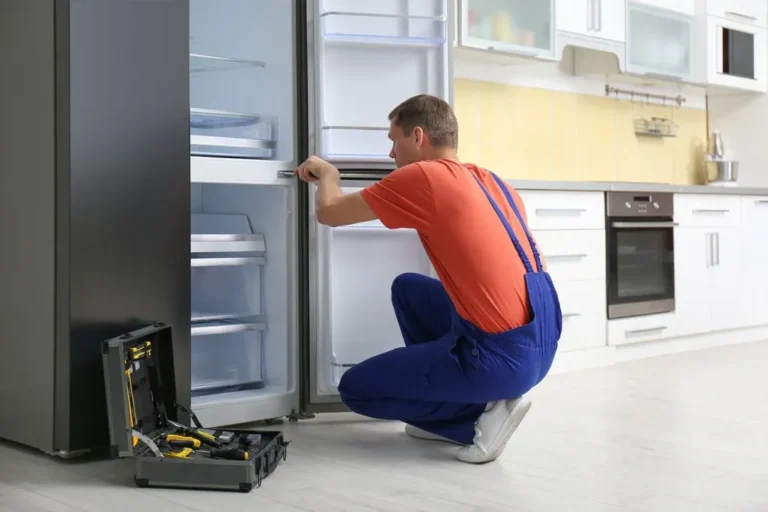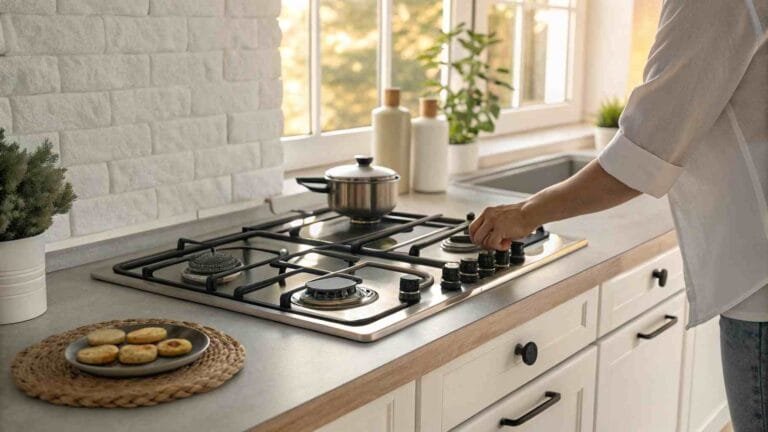In Florida’s hot and storm-prone climate, appliance electrical problems can be particularly deadly. Early identification of electrical issues will enable households to prevent serious damage, possible dangerous situations, and more expensive repairs. This is a fully comprehensive guide on spotting these problems, what to do, and preventative measures you could do to save your house.
Standard Indices of Appliance Electrical Problems
1. Trip of daily circuit breakers
Usually, a once-occurring circuit breaker trip brings no issues. On the other hand, regular breaker trips for a given item could point to a major overload or short circuit issue. These problems could cause electrical spikes endangering not just the appliance but also increasing the fire risk.
Circuit breakers are the main line of protection when frequent thunderstorms and electrical surges rule Florida. If you find yourself trip frequently, see an electrician right away to identify the underlying reason.
2. Smokiness or burning odor
Any appliance you have ever seen smoke pouring straight from the power source turned off and switched off. Usually pointing to internal component heating or electrical problems burning the cables or internal components. Under these conditions running the appliance could cause a fire.
This problem is particularly common in places like Florida, where occasionally fast breakdown of electrical equipment results from high humidity.
3. Displaying lighting issues
Many running appliances display running condition on digital screens or LEDs. Should your appliance show flickering lights, low displays, or uneven control panel movement, this could point to an electrical problem. The problem could run from broken circuits inside the device to damaged wire.
Keeping an eye on display faults is quite important for Florida homes that could routinely use heavy-duty appliances like air conditioners and refrigerators due to the heat to ensure their electrical components are working as they should.
4. Odd humming noises
Although most appliances run with some noise, a rapid shift in the kind or degree of sound could indicate a failure. Steady buzzing or humming sounds of an appliance can point to a motor, fan, or electrical connection problem. A buzzing sound could also indicate that some areas are working harder than they should since energy is not flowing as it should.
Unusual sounds should never be discounted in Florida’s warm temperature; rather, they stimulate the excessive use of appliances most especially in freezers and air conditioning systems.
5. Cord heated surfaces
An further indication of an electrical issue is if your gadget or the power line seems particularly hot. Overheating can point to damaged wiring, internal electrical resistance from a defective fan, or another problem. Ignored hot appliances can start a fire.
Rising Florida temperatures already are driving appliances to run more aggressively. Frequent surface and cable inspections of your equipment will help to avoid potentially hazardous overheating conditions.
When Should One See a Professional Regarding Electrical Concerns?
Simple troubleshooting—that is, looking at the power source or reseting the circuit breaker—allows some electrical problems to be solved. Though in many circumstances professional phoning is still rather important,:
Running some equipment, such freezers or air conditioners, compressors are used. Only a skilled technician can replace or repair these should one break.
Wiring and electrical components: Certified experts should take care of any live electrical problems, especially with relation to wiring. Try fixing them yourself; from here, a fire or an electrical shock can start.
See an expert to specifically locate the source if an appliance often trips your circuit breaker or if you have continuous problems even following repairs.
Florida Householder Preventive Maintenance Handbook
Preventing electrical problems in appliances mostly depends on prevention; this is especially true in Florida, where storms and heat can test the lifetime of electrical systems.
- One should install surge protectors since frequent thunderstorms in Florida can produce power surges damaging devices. Install surge protectors to prevent damage on any big piece of machinery.
- Plan occasional appliance repairs under Daily Maintenance. Get your air conditioning and freezers tested, for instance, before Florida’s extreme heat. Before expensive repairs start, technicians could spot little electrical issues.
- Clean Your Appliances : Dirt and trash can block heating vents. Regular cleaning helps to stop this and increases appliance lifetime.
- Look for humidity damage: Florida’s too high humidity may damage electrical components. See how ventilated and dry your appliances are. This is especially crucial for machinery like washing machines or dryers in usually moist surroundings.
Particularly in Florida’s high temperature, electrical problems in household appliances not only bring inconvenience but also pose hazards. Understanding the warning signals—such as odd noises, tripping circuit breakers, or overheating—you can avoid small problems from becoming major repairs or fatal events. See a qualified specialist always to address difficult electrical issues; also, follow preventative maintenance guidelines to keep your equipment functioning as intended.
Maintaining the lifetime of your appliances and being attentive helps you to keep your Florida property safe.
For your Appliance Maintenance, Contact Us HERE!





